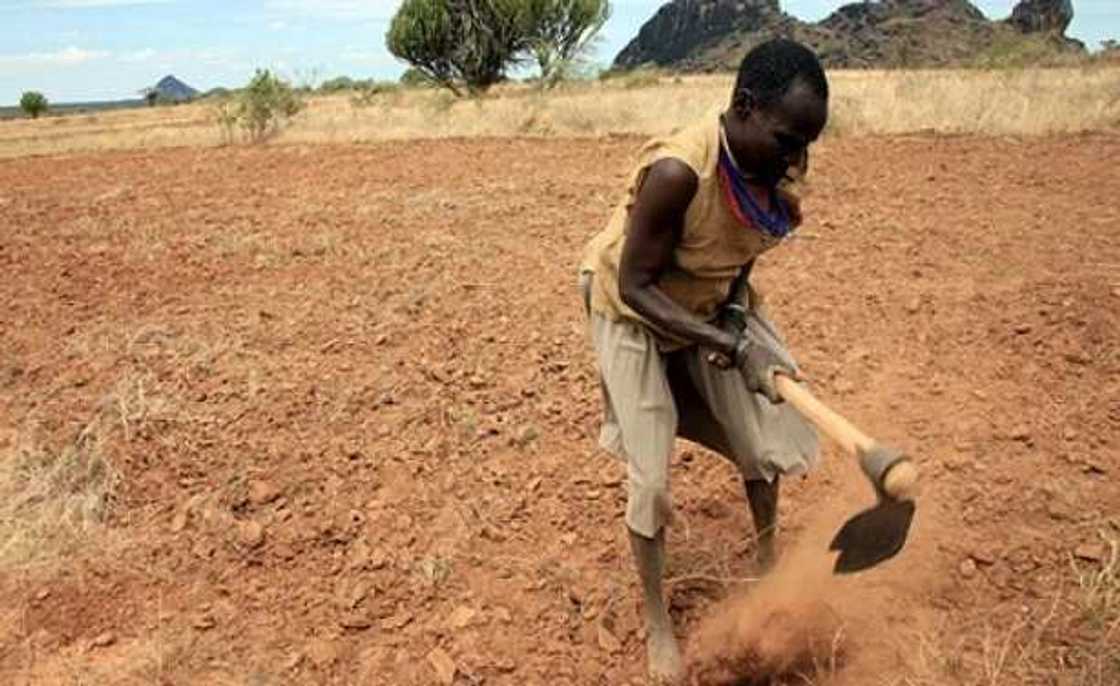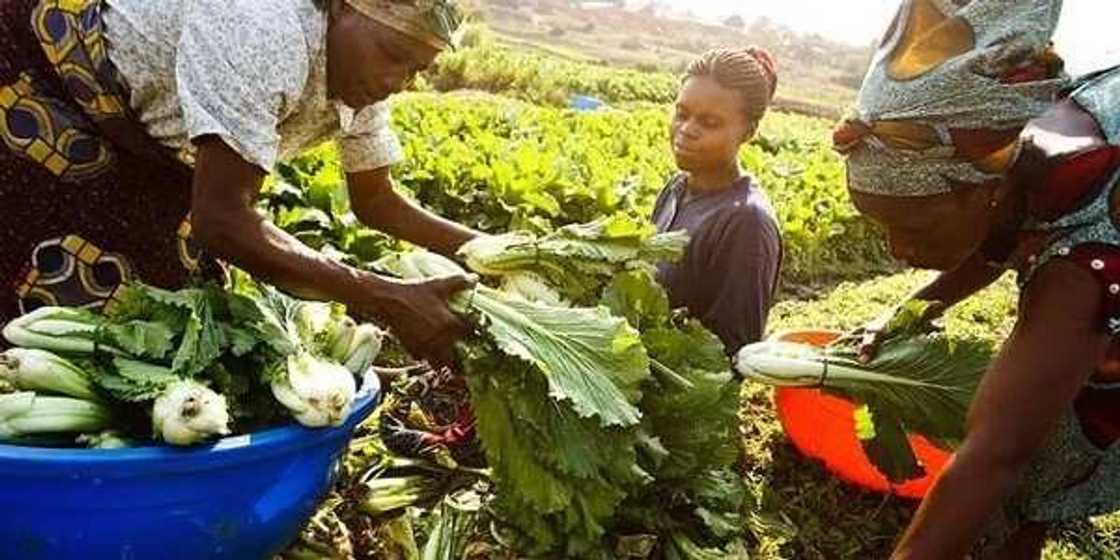Solutions to food insecurity in Nigeria
The global problem of food insecurity is one of the most important issues of humanity. Hunger as the most severe consequence, as well as comprehensive social "disease" has always had an extraordinary influence on the lives of people in different times with different striking destructive force.

What is food insecurity?
Food insecurity is caused by various reasons. This problem is a gradual outcome of lack of food which leads to malnutrition and starvation among the poorest populations of the planet.
Also, there is a distinction between chronic and temporary food insecurity.
Chronic food "insecurity" is a condition where a country, its area, its population, a group or a family experience food "insecurity", if there is no access to constant consumption of food due to the inability to buy it (lack of income) or to produce the required amount of food.
Temporary food "insecurity" occurs periodically when there is no access to food due to rising prices of food, poor harvests, reduced income etc.
Food insecurity in Nigeria

READ ALSO: Wheat production in Nigeria: pros and cons
Unfortunately, the problem of food insecurity is still relevant in Nigeria. 1/6 of the Nigerian population suffers from chronic hunger, 3.8 million of them are children, who die every year as a result.
The inability of Nigeria to provide the population with the required sustenance is mainly due to stagnation of agriculture. Another reason is low income of many families.
Problems of agriculture development in the country can be as a result of the following reasons:
- adverse climatic conditions causing fluctuations in the volume and quality of the crop;
- low soil fertility caused by erosion and lack of moisture;
- irrational use of land: we use only half of the lands we have;
- the predominance of small farms, the preservation of communal land ownership, the existence of conflict in the northern part of the country;
- lack of mechanization of agriculture.:
- lack of funds needed to purchase the necessary fertilizers and protection of plants;
- significant loss of agricultural products during storage and processing;
- low level of procurement cost for agricultural products;
- the poor condition of transport and road network;
- the lack of effective state support
A boost of agricultural economic and social efficiency will contribute to the creation of a system of support to agricultural producers, especially small ones. An increase in funding, providing a target orientation that will stimulate the growth of production volumes of strategically important types of agricultural raw materials and food will help to reduce the country's dependence on food imports (wheat, rice, fruits, frozen fish, etc.), the cost of which exceeds $ 3 billion annually.
What are the solutions to food insecurity in Nigeria?

One of the necessary conditions for improving food security in Nigeria is the creation and development of infrastructure, compliance with storage requirements of products and the development of transport and logistics network. The government should encourage the creation of large farms which will contribute to the development of local markets and reduction in the rate of urbanization. The important point is the development of mutually beneficial cooperation with other countries, so that we can obtain the necessary technology, knowledge, and means of production.
In order to gradually solve the problem of food insecurity in Nigeria, the key point should be the development and implementation of the national program of food security, so we can name the following solutions to food insecurity in Nigeria:
- the development of sustainable food markets
- technical re-equipment of agricultural enterprises;
- improving the competitiveness of products;
- improvement of land relations.

Achieving the goals of food security in Nigeria will help maintain employment and create new jobs, increase incomes, improve health and ultimately raise the level and quality of life of the population.
Thus, the task of the government is to develop long-term goals of food security on the basis of objective economic processes and to take appropriate measures of social and economic regulation.
READ ALSO: Top 10 most industrialized states in Nigeria
Source: Legit.ng





